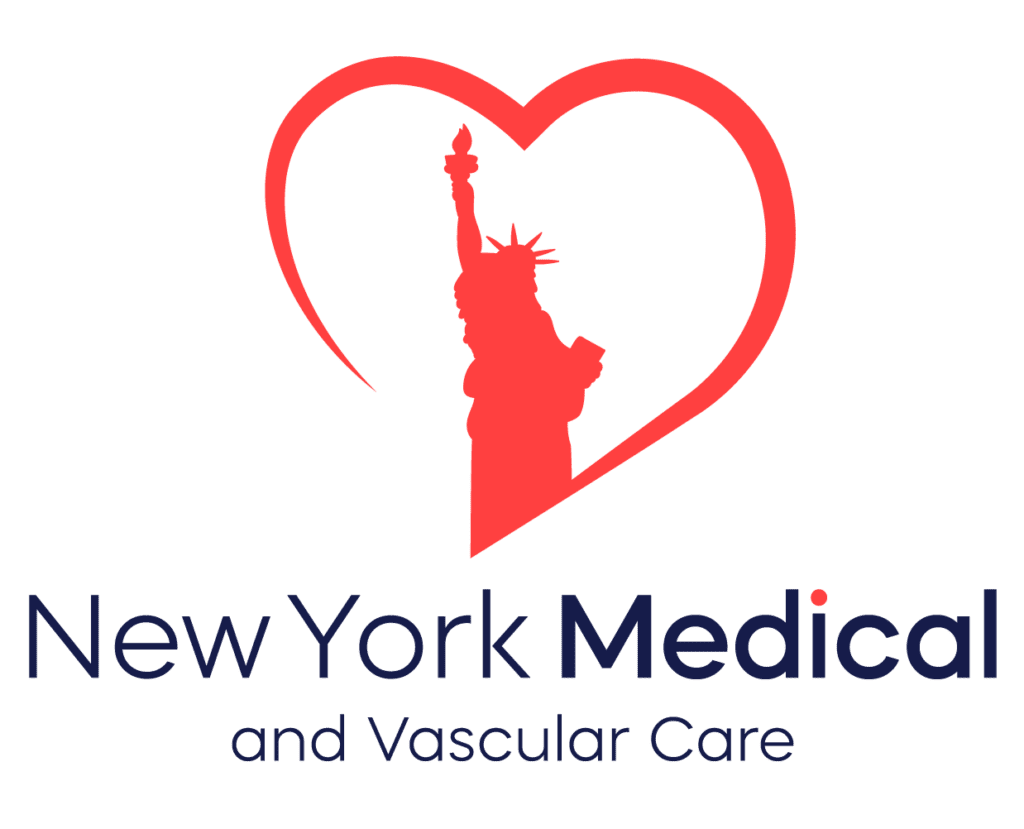Regular health screenings are essential for identifying and addressing vascular issues before they become serious. Vascular health affects how well blood circulates through your body, impacting vital organs and overall health. At New York Medical and Vascular Care (NYMVC), we encourage proactive vascular screenings, especially for individuals with risk factors for cardiovascular disease. Here’s a closer look at why these screenings matter and what you can expect.
Why Are Vascular Screenings Important?
Vascular screenings can detect conditions such as peripheral artery disease (PAD), carotid artery disease, and aneurysms. These conditions may not present symptoms in their early stages, so screenings are often the only way to catch them before complications arise. By identifying these issues early, you can take steps to prevent further damage, manage symptoms, and reduce the risk of serious health events like heart attacks or strokes.
Who Should Get Screened?
Certain groups are at higher risk for vascular diseases and should consider regular screenings:
- Individuals Over 50: Age is a significant risk factor for vascular diseases. Screening becomes more critical as we get older.
- Smokers: Smoking damages blood vessels, increasing the risk of plaque buildup, clots, and restricted blood flow.
- Diabetics: People with diabetes are more prone to vascular complications due to high blood sugar levels, which damage blood vessels.
- High Blood Pressure or High Cholesterol: Both conditions contribute to vascular issues and increase the risk of heart disease and stroke.
- Family History of Vascular Disease: If you have a family history of vascular disease, you may be at greater risk and benefit from regular screenings.
If you fall into any of these categories, speak with your healthcare provider about scheduling vascular screenings to monitor your health.
Types of Vascular Screenings
At NYMVC, we offer several non-invasive screening methods to assess your vascular health. Here are some common types of screenings:
1. Ankle-Brachial Index (ABI):
- This test measures blood pressure in your ankle and compares it with blood pressure in your arm to assess blood flow. A low ABI can indicate PAD, which affects the arteries in your legs and can lead to pain, ulcers, and even amputation if left untreated.
2. Carotid Ultrasound:
- This ultrasound exam uses sound waves to check for blockages or narrowing in the carotid arteries, which supply blood to the brain. Blockages here increase the risk of stroke, making this test essential for those at risk of cardiovascular disease.
3. Abdominal Aortic Aneurysm (AAA) Screening:
- An AAA occurs when the large artery that supplies blood to the abdomen, pelvis, and legs becomes abnormally enlarged. An ultrasound scan of the abdomen can detect an aneurysm early, allowing for monitoring or intervention to prevent rupture.
4. Doppler Ultrasound:
- Doppler ultrasound is a specialized imaging test that measures blood flow in arteries and veins. It helps detect blockages or narrowing in various blood vessels, providing valuable information on overall vascular health.
5. Coronary Calcium Scan:
- This test uses a special X-ray to check for calcium deposits in the coronary arteries. Calcium deposits are an indicator of plaque buildup, which can narrow or block arteries, leading to heart disease.
Benefits of Regular Vascular Screenings
1. Early Detection:
- Early detection allows for intervention before conditions worsen, helping prevent serious complications and preserving quality of life.
2. Prevention of Heart Attack and Stroke:
- Detecting and managing risk factors through screenings can significantly reduce your risk of experiencing a heart attack or stroke.
3. Better Management of Chronic Conditions:
- Screenings help you understand how chronic conditions like diabetes or hypertension are affecting your vascular system, allowing you and your healthcare provider to tailor your treatment plan accordingly.
4. Peace of Mind:
- Knowing the status of your vascular health can relieve anxiety and help you make informed decisions about your lifestyle and healthcare choices.
How to Prepare for a Vascular Screening
Preparing for a vascular screening is generally simple. Here are a few tips:
- Wear Comfortable Clothing: Wear loose-fitting clothing that allows easy access to the arms and legs for blood pressure measurements and ultrasound exams.
- Avoid Smoking and Caffeine: Try to avoid smoking or consuming caffeine before the screening, as these can affect blood pressure readings.
- Follow Fasting Instructions: Some screenings, such as abdominal aortic aneurysm screenings, may require fasting beforehand. Check with your healthcare provider for specific instructions.
When to Schedule a Screening
If you’re over 50, have one or more risk factors, or have experienced symptoms such as leg pain during walking, leg swelling, or sudden dizziness, consider scheduling a vascular screening. Regular screenings every few years may be recommended for those at higher risk, while individuals with diagnosed vascular issues may require more frequent monitoring.
Conclusion
Regular vascular screenings are a vital part of preventive healthcare, especially for those at increased risk. At NYMVC, our vascular specialists are dedicated to helping you maintain optimal health by offering comprehensive screenings and personalized care. Don’t wait for symptoms to arise—proactively monitor your vascular health and protect your future.
Written by DapraLab


